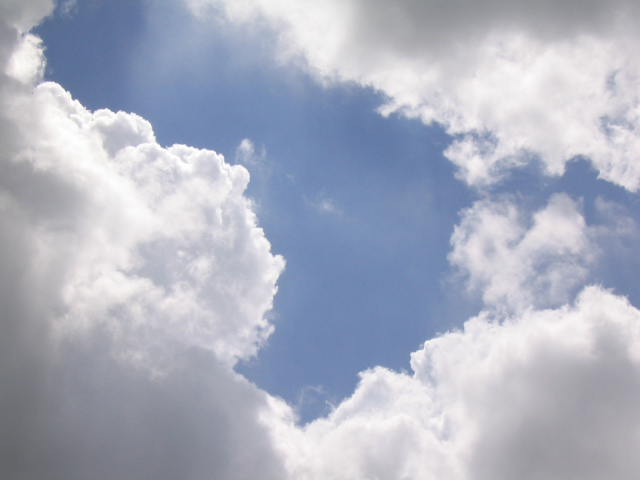Inns and Home
You hear people often say, there’s no place like home. It is very true when you come to think of it. What homes provide—the necessities for living—lodging places like inns will most likely accommodate, even to a greater degree in terms of quality and abundance; however, when it comes to the choice of living, one would almost certainly choose one’s home, as simple as it may be, over any fancy inn. One may find the inn to be a place of temporal lodging, but never permanent residence. There are things about the home, beyond its physical features and functionalities, that overshadow any other place we do not call home. What one finds at home and not elsewhere is a restless mind quieted, a weary body refreshed, a hurting heart comforted. A home is a place of rest, restoration, renewal, a place where one is brought back to the reality of oneself, being whom one ought to be. In other words, one can really be oneself when one is at home. It is the deep longings of our souls to reach home when we are not and more so when we are troubled. When we sail on unknown waters, we long for a shore to dock; when we fly in storming skies, we long for a ground to land; when we struggle in nations of warfare, we long for a peaceful country to live in. But not everywhere is home. There will be many islands, many landing strips, many peaceful countries along the way, but they are just inns, not home. There is only one place where we shall find our true home. It is the destination of our journey; it is that one Shore, that one Land, that one Country we call Heaven. All else, as much as they may resemble home, are just the shadows of what is to come. We are living in an imperfect world, in fact, a very broken one, destined to die. The things in this world, however good, lovely, or beautiful they seem to us, are just shadows or copies of the Real Things that we will find in Heaven. This very earth we inhabit is in fact, like the old Narnia in Lewis’s The Last Battle, Shadowlands, which is doomed for destruction, which is to bring about the Real-lands and all that is within. Those homelike inns we discover on our life journey are mere refreshments or appetizers, provided for temporary satisfaction and not lasting fulfillment. We shall enjoy them but not dwell on them; we shall look forward to the Main Course. And we shall never let the security and comfort of the inns become a hindrance for us to long and pursue our true home. In “Refreshments on the Journey” of The Business of Heaven, Lewis wrote: “The security we crave would teach us to rest our hearts in this world and oppose an obstacle to our return to God: a few moments of happy love, a landscape, a symphony, a merry meeting with our friends, a bathe or a football match, have such tendency. Our Father refreshes us on the journey with some pleasant inns, but will not encourage us to mistake them for home.”

